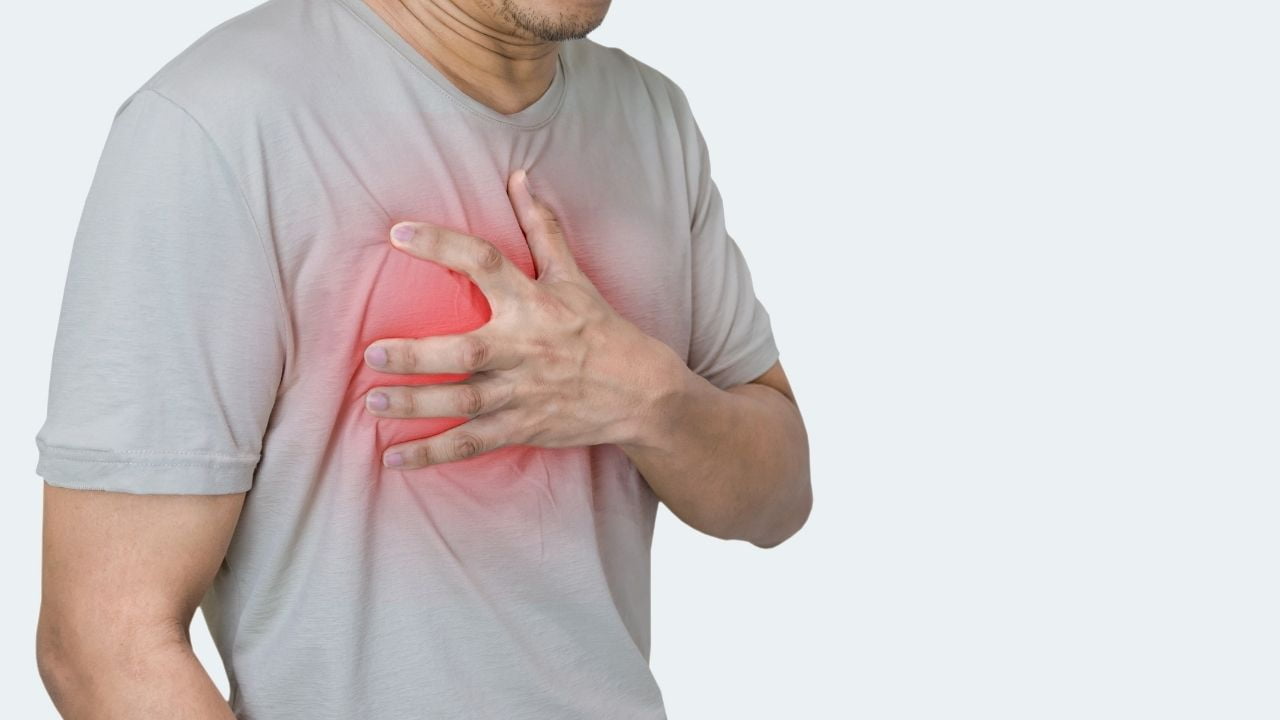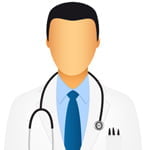Home > Blogs > Cardiology > Heart Attack Symptoms
Heart Attack Symptoms You Need to Know

In India, about 60% of heart patients are found in comparison to the total population of heart disease patients in the world. Heart attack is known as Myocardial infarction or acute coronary syndrome in medical terms. Heart attack is caused due to blockage in the coronary artery.
A heart attack occurs when the flow of blood to the heart is blocked. The blockage is most often a build-up of fat, cholesterol, and other substances, which form a plaque in the arteries that feed the heart (coronary arteries). The plague eventually breaks away and forms a clot. The interrupted blood flow can damage or destroy part of the heart muscle.
A heart attack, also called a myocardial infarction, can be fatal, but treatment has improved dramatically over the years.
Important Symptoms of heart attack
Let’s learn about the symptoms of heart attack:
- Pressure, tightness, pain, or a squeezing or aching (Angina pectoris) sensation in the center of the chest or left arms that may spread to your neck, jaw, or back.
- Nausea, indigestion, heartburn, or abdominal pain
- Fatigue
- Light-headedness or sudden dizziness
- Cold sweat, an overwhelming sense of anxiety (similar to having a panic attack).
- Shortness of breath
It’s recommended to consult a heart specialist as soon as possible when the patient is showing such symptoms. Many people have warning signs and symptoms hours, days or weeks in advance. A maximum of heart attack deaths occur within an hour. With immediate treatment, we can repair the damaged artery.
Have queries or concern ?
How to prevent heart attack
It’s never too late to take steps to prevent a heart attack – even if you’ve already had one. Here are ways to prevent a heart attack.
- Lifestyle changes are necessary in order to keep your heart healthy.
- Maintain a healthy diet by reducing oily food in your daily diet.
- Maintain a healthy weight with a heart-healthy diet, don’t smoke, exercise regularly, manage stress, and control conditions that can lead to heart attacks, such as high blood pressure, high cholesterol, and diabetes.
- To keep heart disease from getting worse and to head off another heart attack, follow your doctor’s advice.
About Author
Dr. Jagjeet Deshmukh
Panel Consultant
Contact: +91 88888 22222
Email – [email protected]
Patient Feedback
Great doctors, Good facilities, caring and helping staff. I recommend this hospital for day care services.
![]()
![]()
Sangram Shinde
All doctors r very good. There treatments is best. Other staff also good. The service of nurses is great...Hospital is always clean.
![]()
![]()
Vaishali Aitawade
All services provide by hospital are nice and on time. Doctors are polite and co-operative with patient.
![]()
![]()
Ankita Jagtap
All services provided by hospital is good. Hygiene maintained well.Even at night good care provided.
![]()
![]()



